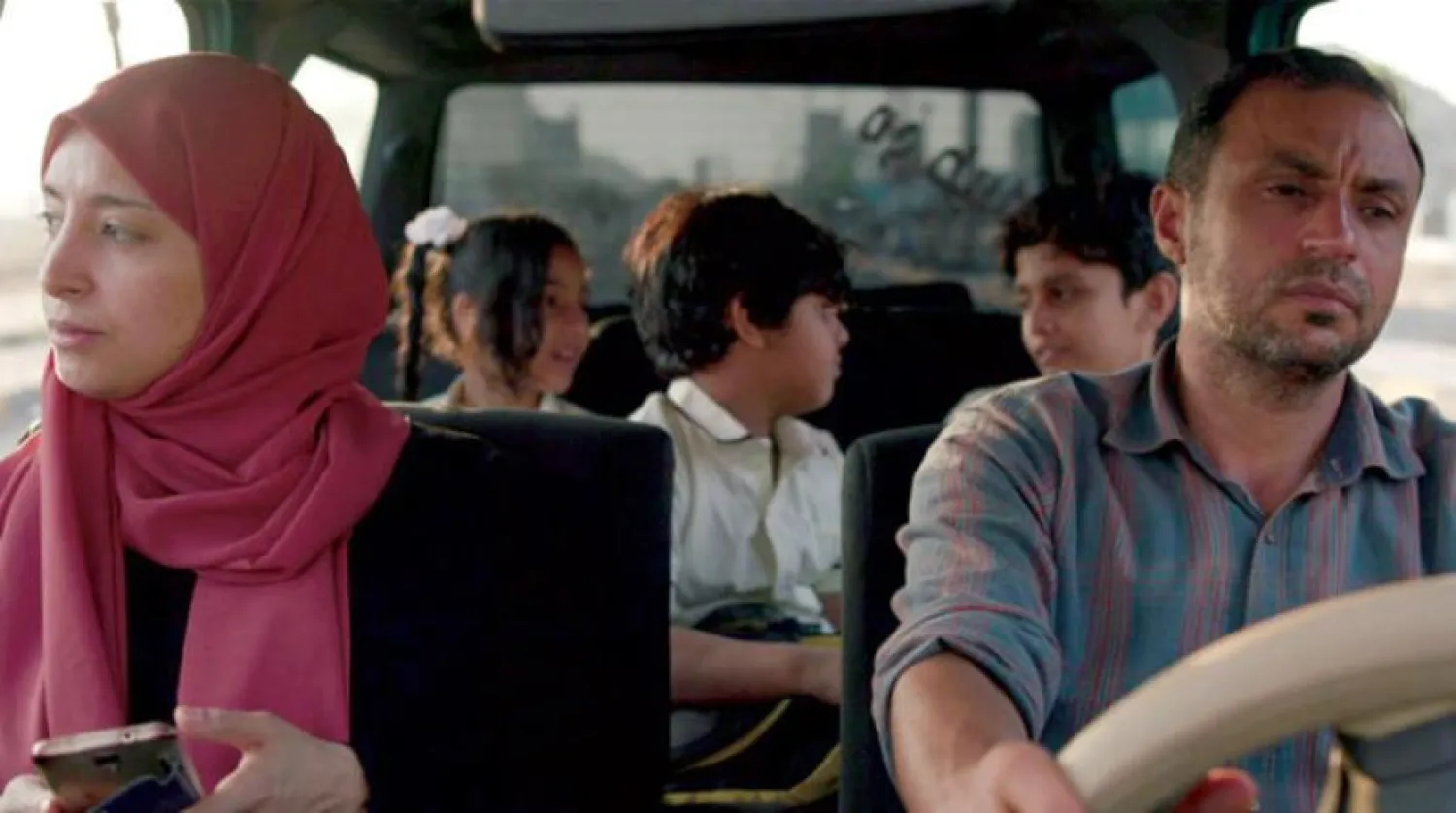The Red Sea Film Festival Foundation announced on Tuesday the launch of the phase of the Red Sea Fund, with up to $500,000 per film on offer this year. The third cycle will support projects with directors from Saudi Arabia, the Arab world and Africa, seeking to help the new generation of filmmakers, as well as older ones, see their scripts come to life on screen.
The Red Sea Fund promotes bold and original ideas that embrace a rich and diverse range of topics that inform, educate and entertain global audiences. Feature fiction, documentary, episodic or animation films can also be submitted by all applicants, while short fiction, documentary and animation film projects are only open to Saudi directors.
Now in its third year, the Red Sea Fund announced this year’s 10 recipients of post-production grants for the first time. It has a strong track record of bringing films to audiences, with 100% of last year’s funded films screened at the inaugural edition of the Festival.
The fiction features and documentaries were submitted by filmmakers from Palestine, Iraq, Egypt, Saudi Arabia, Lebanon, Rwanda, Benin, Yemen, and Tunisia.
Among the movies selected, the Red Sea Fund supported Tunisian director Youssef Chebbi’s feature fictional “Ashkal”. The world premiere of his debut feature was selected for the 54th edition of Directors’ Fortnight, the non-competitive independent selection that is organized in parallel with the Cannes Festival that was held between May 17 to 28.
Set in the Gardens of Carthage, a district of Tunis that had been under construction by the old regime before construction stopped at the beginning of the revolution, the film follows two police officers, Fatima and Batal, who find a burnt body in a lot. As construction slowly resumes, they start looking into this mysterious case. When the event is repeated, the investigation takes an intriguing turn.
“Slave”, a movie by Mansour Assad, an Afghani Filmmaker born and raised in Saudi Arabia, was among the first local films to be selected for post-production funding.
The film was selected for its experimental techniques, pushing boundaries, and propelling a change within the creative industry in the Kingdom. Another first in this cycle of the Red Sea Fund includes a Yemini director Amr Gmal’s “The Burdened”.
Red Sea IFF CEO Mohammed Al Turki stressed that: “The Red Sea Fund has been supporting directors and producers since its inception.”
“The new and exciting wave of directors in this selection brings new perspectives to the conversation. They are presenting bold and daring stories we haven’t seen before,” he added.
“The industry is beginning to flourish and it is encouraging to see so many filmmakers eager to make their mark, our role is to nurture and support this movement,” he remarked.









